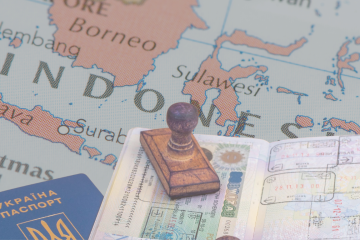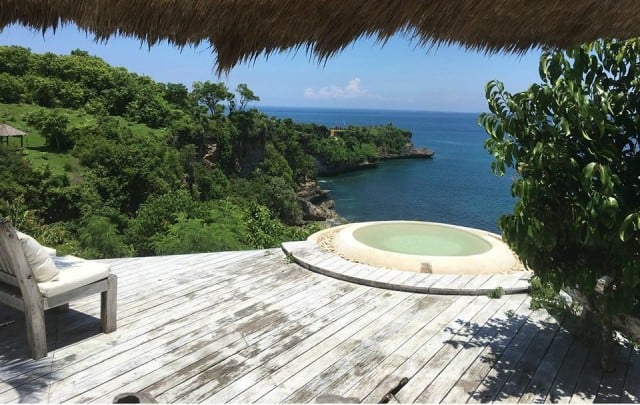For foreign nationals planning to visit Indonesia, choosing the right type of visa is a crucial step—yet often overlooked. Two of the most commonly used short-stay options are the Visa on Arrival (VoA) and the Visit Visa. While they may appear similar at first glance, the differences between them can significantly affect your legal status and overall experience in the country.
Unfortunately, many visitors only realize their mistake when they face issues with immigration, visa extensions, or even deportation due to misuse of a visa. A clear understanding from the outset can help avoid both administrative and legal complications.
What’s the Difference?
The Visa on Arrival (VoA) can be obtained directly upon arrival at designated entry points or online (e-VoA). It is valid for 30 days and can be extended once for another 30 days. It does not require a local sponsor, but is strictly limited to tourism and short-term non-commercial visits.
In contrast, the Visit Visa must be applied for in advance and requires a local sponsor—either an individual or an institution. It is typically issued for 60 days and can be extended multiple times, depending on the purpose of the visit. This visa category covers non-productive business activities, cultural exchanges, training, or family visits.
Who Are They For?
The VoA is ideal for tourists or short-term travelers who simply want to explore Indonesia without engaging in any formal or structured activities. On the other hand, the Visit Visa is better suited for:
- Volunteers or researchers affiliated with local organizations;
- Business professionals attending meetings or conducting market surveys;
- Foreign nationals visiting family members;
- Participants in seminars, short courses, or cultural events.
Common Issues Faced by Foreign Visitors
A frequent issue arises when travelers use a VoA for business-related purposes, such as attending conferences or visiting partners. While this may seem harmless, such activities fall under categories that require a different type of visa. This can result in denial of entry upon arrival or cancellation of stay permits during their visit.
Moreover, because the VoA does not require a sponsor, many travelers opt for it without fully planning their activities, unaware of its limitations. Those who later wish to extend their stay or shift the purpose of their visit may find themselves stuck with few options.
Solutions and Recommendations
The key to avoiding problems is to clearly identify your purpose of visit and match it with the correct visa type. If your plans involve a combination of tourism and professional activities—or if there is any uncertainty—it is advisable to consult with professionals who are well-versed in Indonesia’s immigration system.
Getting proper assistance early in the process ensures not only the right visa selection but also a smooth and compliant experience from application to arrival.


0 Comments